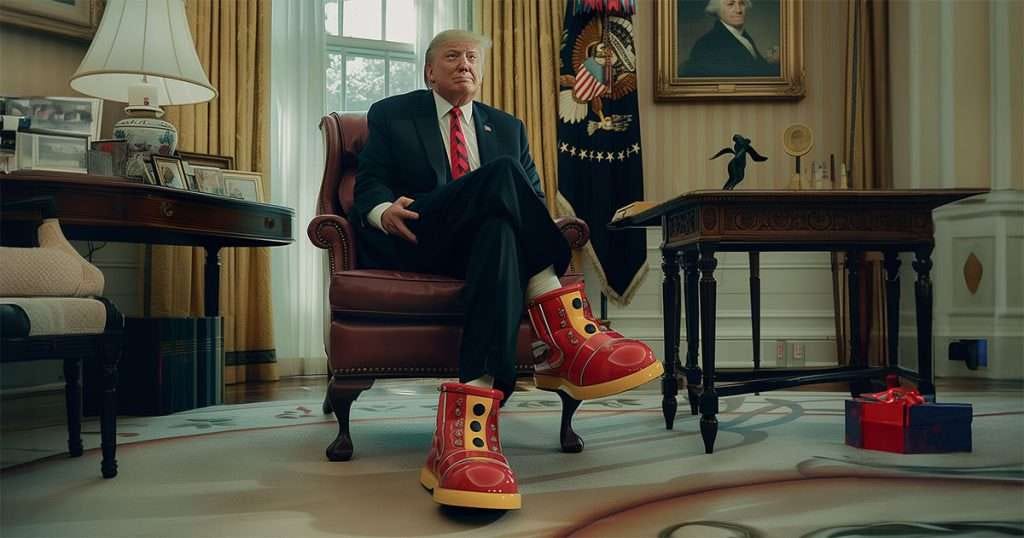Erratic Chaos
Sovereignty, history, and going in circles

The circus is coming! The circus is coming!
The Supreme Court of Canada is on the road, touring the country in this the 150th anniversary year of its creation. They started in Victoria in early February. Moncton is next on March 10 and 11. Then it’s off to Yellowknife, Sherbrooke, and Thunder Bay. There’s also an essay competition, …
Keep reading with a 7-day free trial
Subscribe to Bond Papers to keep reading this post and get 7 days of free access to the full post archives.

